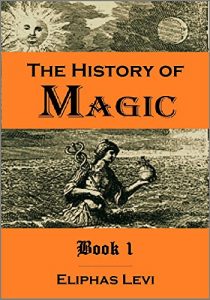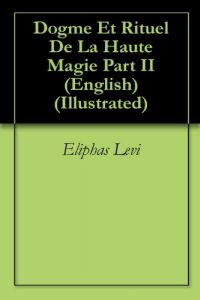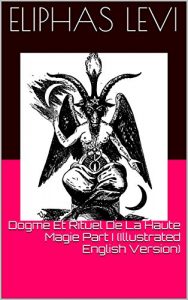Eliphas Le'vi was steeped in the Western occult tradition and a master of the Rosicrucian interpretation of the Qabalah, which forms the basis of magic as practiced in the West today. The Key of the Mysteries represents the culmination of Le'vi's thoughts and is written with subtle and delicate irony. It reveals the mysteries of religion and the secrets of the Qabalah, providing a sketch of the prophetic theology of numbers. The mysteries of nature, such as spiritualism and fluidic phantoms, are explored. Magical mysteries, the Theory of the Will with its 22 axioms are divulged. And finally it offers "the great practical secrets."
The true greatness of this work, however, lies in its ability to place occult thought firmly in Western religious traditions. For Le'vi, the study of the occult was the study of a divine science, the mathematics of God.
The true greatness of this work, however, lies in its ability to place occult thought firmly in Western religious traditions. For Le'vi, the study of the occult was the study of a divine science, the mathematics of God.












